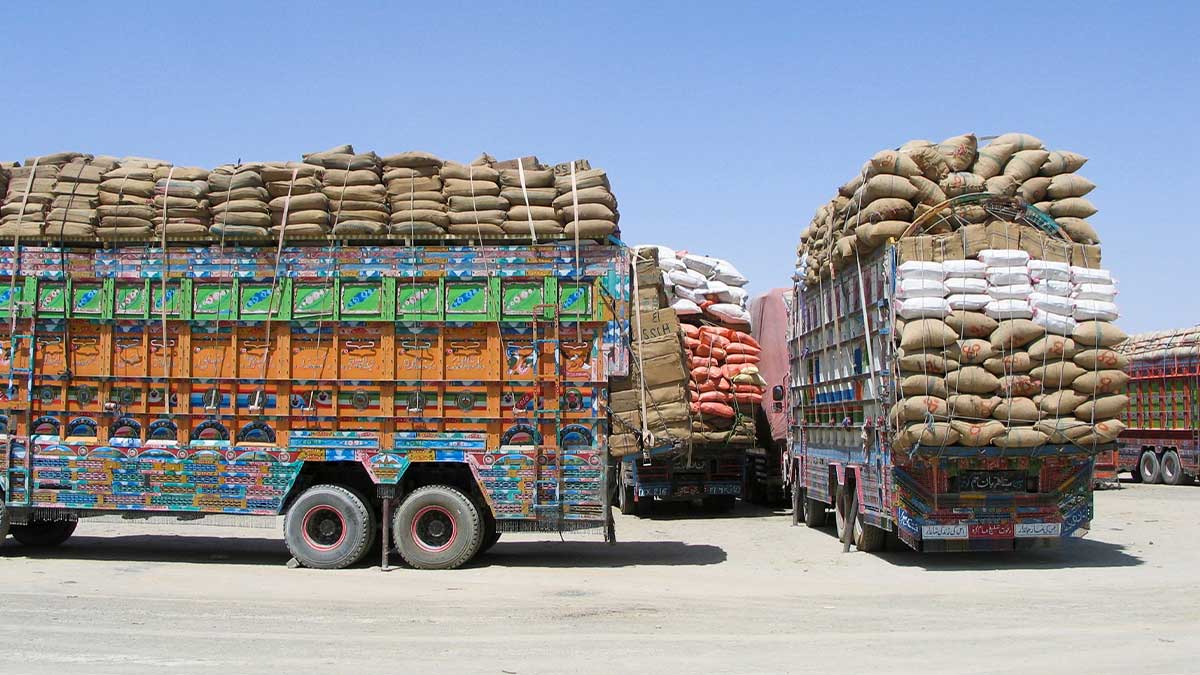Pakistan and Afghanistan have made a contract to permit free movement of each other’s trucks carrying trade shipments between the two countries from 21st March on Temporary Admission Documents (TAD).
“We have finally done it! Historical development on regional connectivity front!” stated, adviser to Prime Minister for Commerce and Investment, Abdul Razak Dawood, shared on his Twitter account.
“We wish to share that Pakistan and Afghanistan have allowed free movement of each other’s trucks between the two countries and cross stuffing with effect from 21 March 2022 via TAD.” Dawood said
He further said Afghan transporters can get TAD from the Pakistan embassy at Kabul and consulate in Kandahar, while goods carriers from Pakistan can attain TAD from consulates in Peshawar and Quetta.
“This is a historic development and will go a long way in enhancing our connectivity and trade relations with Afghanistan, Central Asia, and beyond.”
Alongside the Tokham crossing near Peshawar, Chaman is one of the key trade routes between Pakistan and Afghanistan, providing massive economic activity between both countries.
Read more: Four NLC trucks completes TIR round trip to Azerbaijan and Turkey
However, Pakistan had waivers duty and taxes on vegetables, fresh and dry fruits, and several other Afghan merchandise since the Taliban took over Afghanistan. Pakistan has also stretched the list of vital items exports in rupee to Afghanistan to fulfill domestic demands.
Mr. Dawood said vast assistance in truck movements is anticipated to enhance bilateral trade particularly imports from Afghanistan.
Exports from Pakistan to Afghanistan have experienced a decline from $517.24 million in the first half-year of the fiscal year 2021 to $328.25 million during July-December of the existing fiscal year. But, imports post a considerable growth during the same months.
The advisor stated geographical divergence and improving regional trade and connectivity are the main supports of the government’s ‘Strategic Trade Policy Framework’.
“We have put in place (Look Africa and Silk Reconnect)” policy initiatives for Africa and Central Asian Republics respectively,” Mr. Dawood maintained.





















